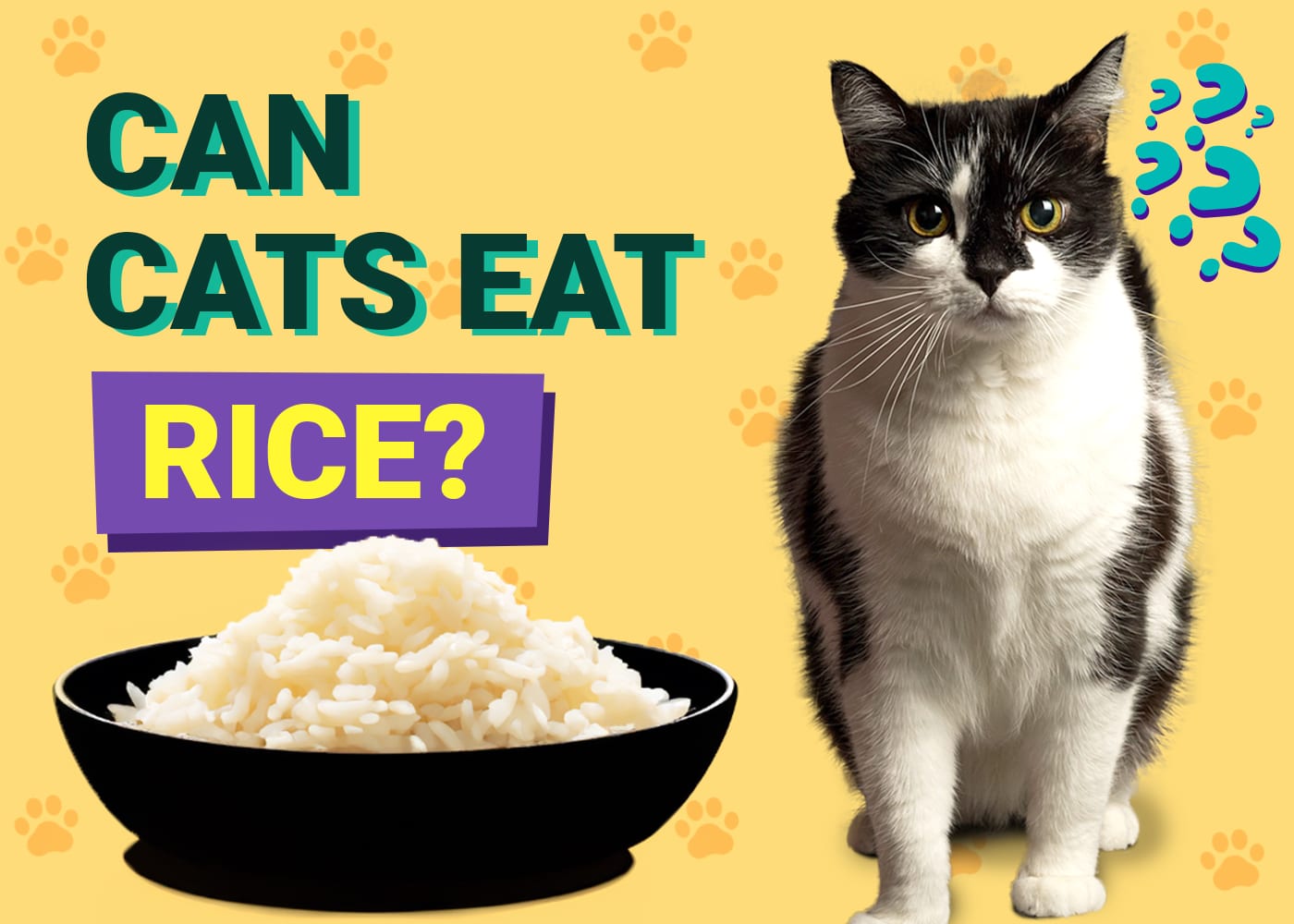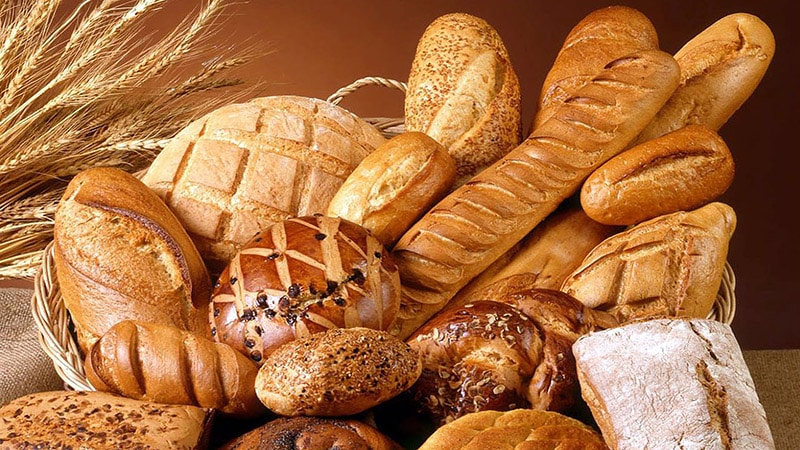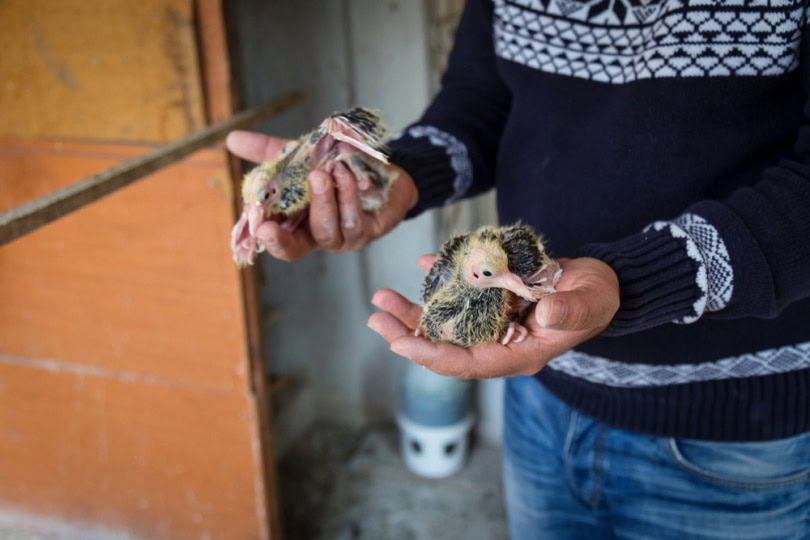VET APPROVED

The information is current and up-to-date in accordance with the latest veterinarian research.
Learn more »Guinea pigs are herbivores, which means that they live on a diet of plants. This primarily consists of timothy hay but includes leafy greens and other vegetables. Herbs also form an important part of your guinea pig’s diet, and apart from a few notable exceptions, you can safely and beneficially feed most herbs to your little one, albeit in moderation.
Basil is one herb that is considered safe to feed to your pet, but it is worth noting that you shouldn’t feed it to them in large quantities but rather as a part of a highly varied salad.
Here is everything that you need to know when it comes to feeding basil to your guinea pig.

Guinea Pig Diet
Guinea pigs need a well-balanced diet that will usually consist of hay for the roughage, pellets made specifically for them, and vegetables for other vitamins and minerals that would otherwise be lacking in their diet. This is where herbs come into consideration.
Fruits should only form a small portion of your guinea pig’s diet, as they’re generally not as nutritionally beneficial in comparison to vegetables.
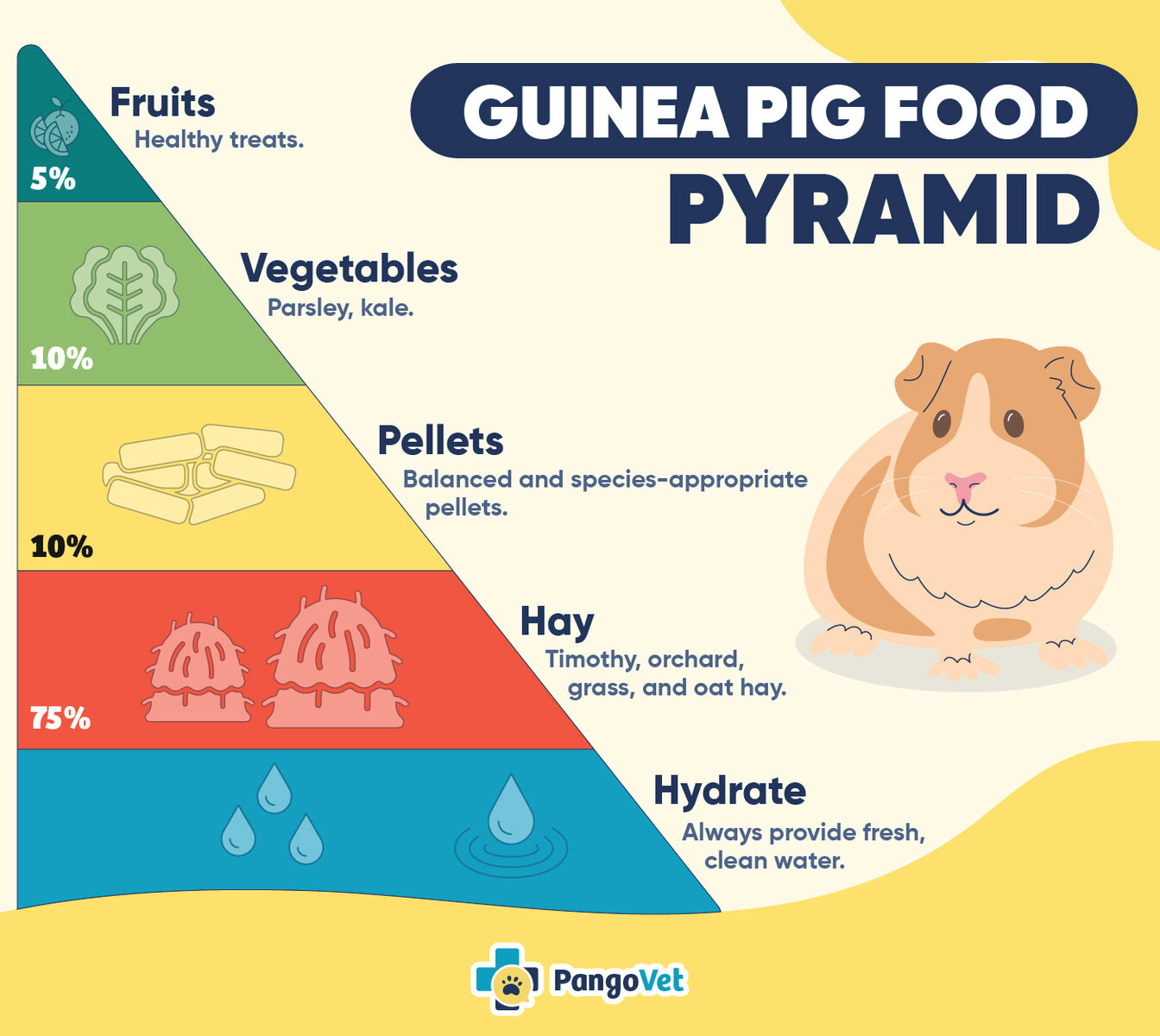
Basil
Basil has nutritional benefits that allow it to be incorporated into a guinea pig’s diet. Let’s explore its key nutritional merits.
- Energy: 0.575 kcal
- Water: 2.3 grams (g)
- Protein: 0.079 g
- Fat: 0.016 g
- Carbohydrates: 0.066 g
- Fiber: 0.04 g
- Calcium: 4.42 milligrams (mg)
- Phosphorus: 1.4 mg
- Vitamin C: 0.45 mg
Source: USDA
The nutritional information above might be surprising, given how much of the yield from basil is considered minuscule. However, it is important to keep in mind that context is very important when analyzing food for your pet.
As explained earlier, vegetables do not form a majority of your guinea pig’s diet, and it’s best to incorporate a wide variety in their daily salad rather than just offering them a single vegetable or herb. The nutritional information provided above is for five basil leaves, which would be an accurate approximation of the amount of basil you’d find in a well-made, highly varied salad for your pet.
While the calcium-to-phosphorus ratio in basil isn’t considered ideal, it’s once again prudent to look at basil in context. It would be problematic if basil is offered in excess due to its high calcium-to-phosphorus ratio. However, in moderation, it likely wouldn’t be as concerning (though ultimately, this would depend on the composition of the rest of the salad).
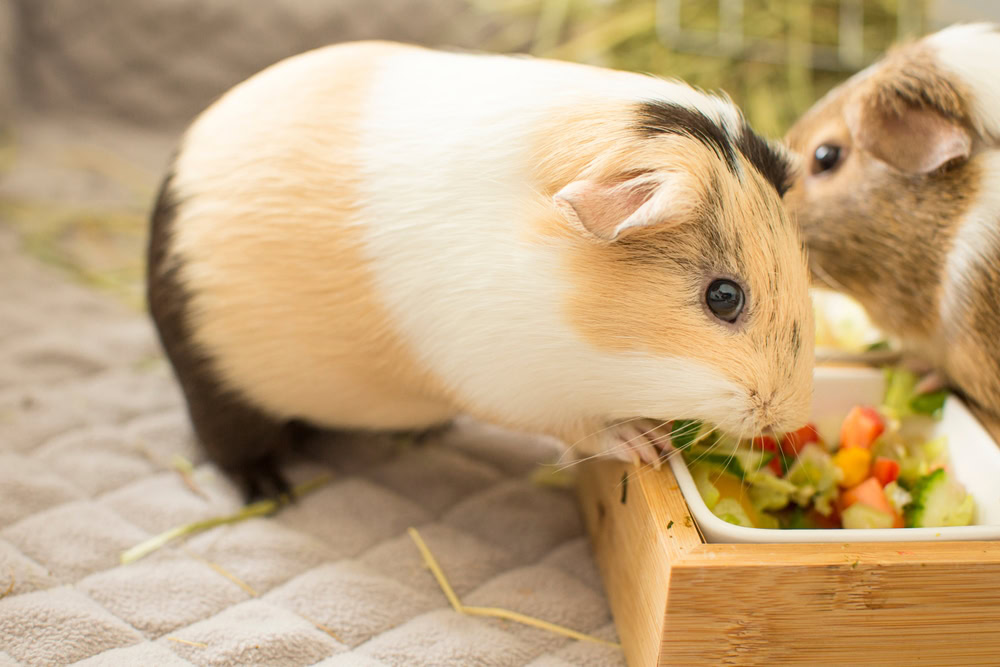
How Much Basil Can Guinea Pigs Eat?
Because basil is high in calcium, guinea pigs should not eat too much. You can feed three to five leaves a few times a week. However, it isn’t possible to analyze calcium on its own since it interacts with other minerals (namely phosphorus and magnesium). In fact, no mineral can be nutritionally analyzed on its own.
If you are in doubt about the amount of basil you’re feeding your pet, it’s best to seek additional advice from your veterinarian. Remember that each pet is an individual biological entity; most researched nutritional requirements factor in a range rather than a specific amount. As such, it’s sensible to have your veterinarian provide advice specific to your pet’s needs.


Final Thoughts
Basil is an herb, and like most other herbs, it is considered a safe and beneficial addition to your guinea pig’s diet, although there are exceptions to this general rule. While basil is quite high in calcium, the fact that it wouldn’t be a major constituent of your pet’s diet means it is safe to feed your guinea pig as part of a salad.
However, for the best possible meal plan for your pet, it’s strongly recommended that you seek an opinion from your veterinarian.






